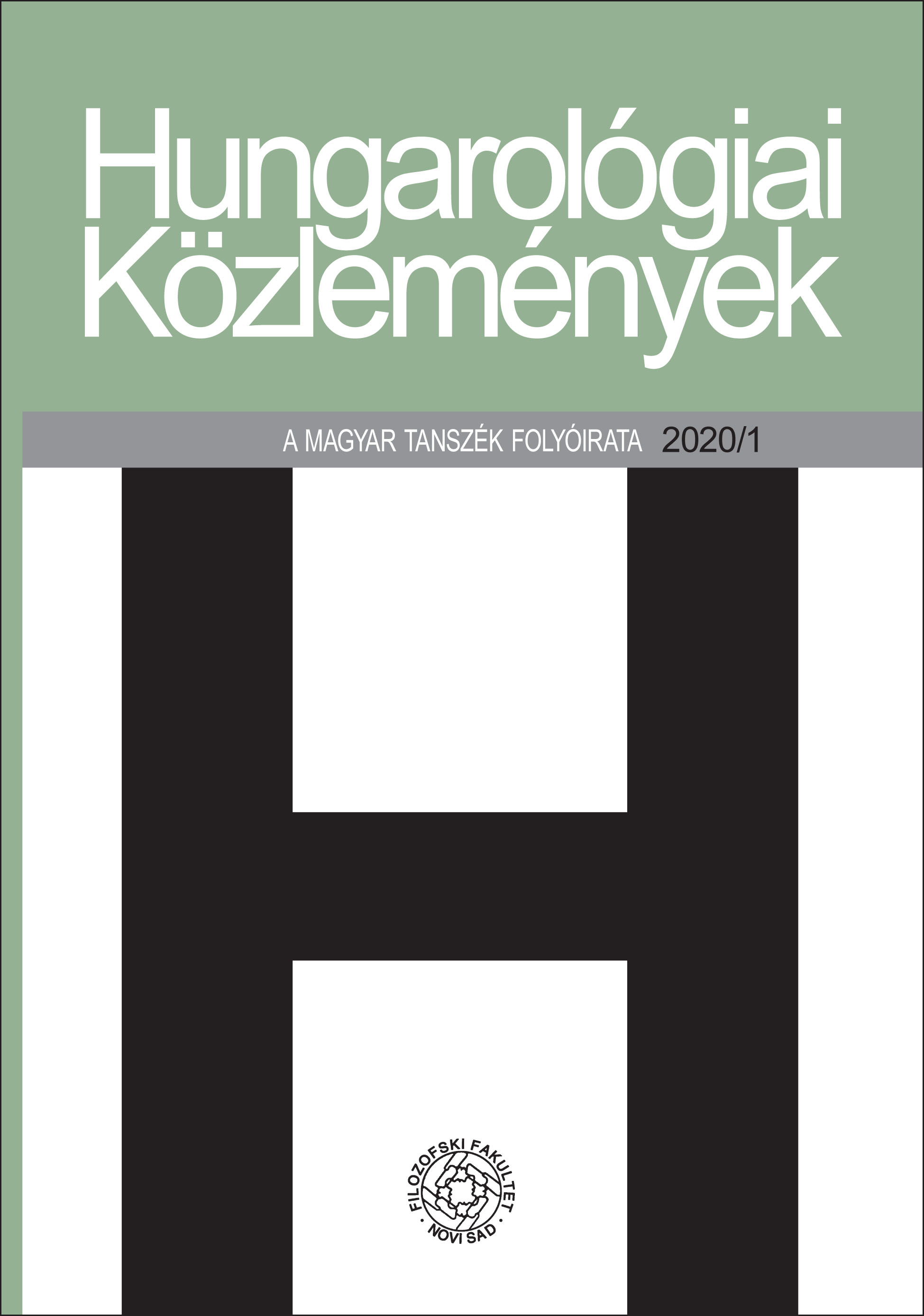„Angyal-fecskelányfiúk”
“Angel swallow-girl boys”
Androgynous, hermaphrodite, and queer characters in the epic poetry of Ferenc Juhász
Author(s): Zoltán CsehySubject(s): Hungarian Literature, Theory of Literature
Published by: Филозофски факултет, Универзитет у Новом Саду
Keywords: Ferenc Juhász; androgyny; queer; freak theory; historical and mythical use of space
Summary/Abstract: Imre Bori’s renowned studies of Ferenc Juhász have already outlined the basic scheme of the poet’s world with a peculiar level of detail in the 1960s. Daring statements oriented around poetics were not scant. This study attempts to approach the numerous, ever selfediting, apocalyptic tragedy of the cataclysm-discourse in the epic language of Juhász. The paper focused primarily on the billowing text- conglomerates of Juhász’s so-called epics, and look for answers to how gender and the transitional nature and changing performance of identity takes on a mythical, cosmic, and anthropomorphic form in Juhász’s writing. Daringly, a number of applicable terms from the queer point of view (established following Renate Lorenz’s so-called freak theory) are added to this discourse. The gender ambivalence of Juhász’s works can be traced back to the psychologizing tendency of mythicality, but, more so, it thematises the otherness hidden in the homely, the wanton existing in the flesh, the right of intermediate existence, the disrupted symbolism of history-making forces, the historical and pseudo-mythical use of space, and the aggression of might. More interestingly, it also represents a poetic, self-reflective form of the act of the text generation of creation.
Journal: Hungarológiai Közlemények
- Issue Year: 21/2020
- Issue No: 1
- Page Range: 79-92
- Page Count: 14
- Language: Hungarian

